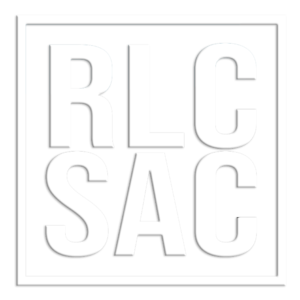PayPal is free for consumers and works seamlessly with your existing credit card and checking account. You don’t need a PayPal account to donate.
Water and Sanitation Program

CLT’s Potable Water program focuses on installing water wells & repairing non-functioning wells.
In Ghana, poor sanitation costs the country $290 million per year (WSP 2012). In 2015, Ghana was ranked the seventh dirtiest country by sanitation standards by the WHO with over 7,000 children dying every year from conditions such as cholera and diarrhea. CLT’s Potable Water program focuses on installing water wells & repairing non-functioning wells in these communities to provide access to clean water for these communities. The Sanitation Program includes the installation of sanitary waste systems for the removal, treatment, and disposal of human waste. Program focus areas include the following:
Potable Water Well Projects: Drilling potable water wells and installing water distribution systems to store and convey clean water to communities that lack clean water sources
Rainwater Harvesting Projects: This focuses on applying technology that utilizes rainwater as a valuable water resource. Harvesting rainwater is a practical and necessary option in some of the rural areas where CLT serves. In areas where good quality groundwater is lacking and therefore well boring won’t be appropriate, this becomes the viable option. The basic rainwater harvesting system consists of three elements: a collection area, a conveyance system, and storage facilities.
Sanitary Wate System Projects: - Pit Toilets (Latrines): These toilets are the most cost-effective, and most basic form of improved sanitation available for the areas where we work. These toilet systems collect human waste into a large pit, dug into the ground, and covered by a hygienic cover slab or floor. The latrine is covered with a shelter and fitted with a door. Some of the different types of latrines considered include the Ventilated Improved Pit (VIP) latrine and composting pit latrines. The choice of each facility is based on the need and other prevailing factors in the benefitting communities.



